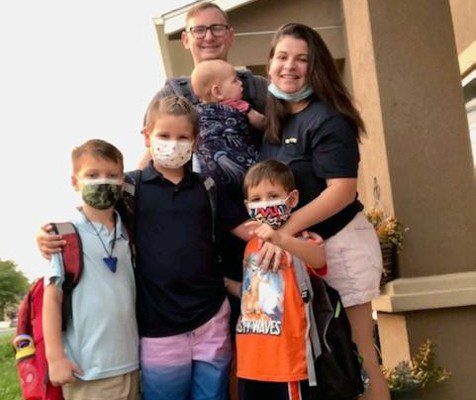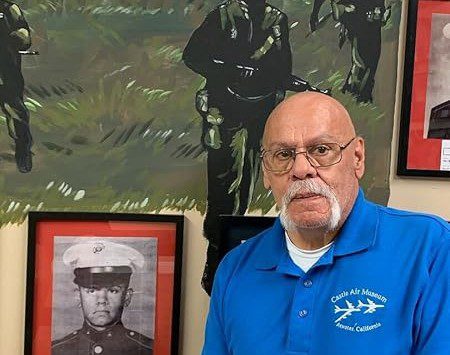I am Tech. Sgt. Richard Fenton and this is my story.
I received an assignment notification to Spangdahlem, Germany. I rushed home to tell my wife, but I noticed she was not as excited as I hoped for. I assumed she was just nervous to move overseas for the first time. I continued with the out-processing checklist and eventually received my orders. During this whole process I had never taken the time to sit down with my wife and discuss her feelings about the situation. She was not excited for Germany, not because she did not want to go overseas, but because she did not want to go overseas with me.
I had been absent from our marriage. I had been absent as a husband and as a father, and I had been drinking a lot. Even after my wife had the courage to tell me this, my first instinct was to pour myself a drink. This had become my coping mechanism for everything. I had turned to alcohol to mask anxiety, anger, sadness, and everything. Bad day at work drink. Good day at work drink. I had started to plan my life around my next drink. I began to turn down activities with my wife and children because I wanted to drink. I had been hungover at work, I had been hungover at birthdays, and this had taken a toll on my wife. Why would she want to go to another country where I was the only person she had? Clearly I was not reliable, and even in that moment when she needed me to be there, when she opened up to share her feelings, I was not there.
The next morning, I woke up feeling terrible. Had I really had a drink instead of talking with my wife? Fortunately, she was still willing to talk. We talked for hours, and decided that I needed to stop drinking. Both of my parents are alcoholics, I know what alcohol can do to a family, and here I was anyway. The decision was made to go to ADAPT and talk to them for help.
That Monday I walked into ADAPT. I remember the tears pooling in my eyes as I talked to the front desk.
“I’m here to talk about drinking.”
I took a seat in the waiting room and within a few minutes I was called back. I answered the questions honestly, I talked with the ADAPT team about why I was there. I let it all out. As I answered these questions I realized how prevalent drinking had become in my routine. I was relieved that I took that first step. A few minutes later the Mental Health provider came in and we talked about what they felt was going to be necessary for me to get the help that I needed. I was going to go to an inpatient rehabilitation center.
I remember being frustrated with that decision. I felt like I could handle my drinking without going to rehab. My first sergeant drove me three hours to the facility and checked me in. My frustration began to fade as I realized how much time I had to focus on myself. Sure, I wanted to be with my family, but what good was I to them if I continued down the same path? I hunkered down, and I focused on myself. I reflected on my actions, my habits, my emotions, and everything that got me to this point. In this program I learned coping mechanisms that I could rely on outside of drinking, as well as tools to cope with urges to drink. I was discharged after a little over three weeks, and I felt great.
I continued to work with ADAPT for the next six months or so, until I successfully completed the program. Today, I have been sober for over five years, and I am still happily married to my wife with four children. Deciding to get help was difficult. Walking into ADPAT was even harder, but those were the best decisions I could have possibly made for myself and for my family. Having the Air Force as a support system helped me get to where I am today. If you are thinking about reaching out for help, I urge you to do it, it can change your life.












